Titanic Sub Latest: Former Director Says She Quit OceanGate After CEO’s Troubling Decision
He asked her to do something she considered beyond the pale.
A former director of OceanGate, the company behind the recently imploded Titan submersible, said she quit after the CEO made a request that made her uncomfortable and no longer able to trust him. This week, the company’s former finance director told the New Yorker that OceanGate’s chief pilot David Lochridge was fired in 2018 after raising safety concerns. At that point, CEO Stockton Rush asked her to do something she considered beyond the pale. Read on to find out more.
1
“It Freaked Me Out”
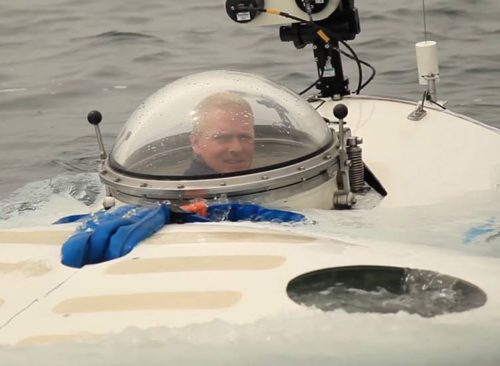
The former finance director, who was not named in the article, said Rush had asked her to take controls of Titan. “It freaked me out that he would want me to be head pilot since my background is in accounting, I could not work for Stockton,” she told the news outlet. “I did not trust him,” she said.
2
“It Freaked Me Out”
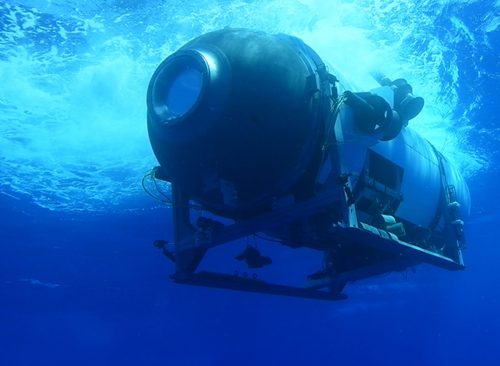
As soon as she was able to secure another job, she quit. The former director said several of OceanGate’s engineers were in their late teens and early 20s and were at one point being paid $15 an hour.
3
The Sub Was Powered by a Video Game Controller

The submersible was descending to explore the ruins of the Titanic on the ocean floor when signals from the vessel abruptly stopped hours after it deployed on June 18. This triggered a frantic dayslong search and the ultimate discovery that the ship had suffered a catastrophic implosion, killing all five people on board, including CEO Rush. During the search, it was reported that the submersible was powered by a video game controller and was entirely reliant on a Bluetooth signal, lacking controls hardwired into the vessel.
4
Decision to Run on Wi-Fi Criticized
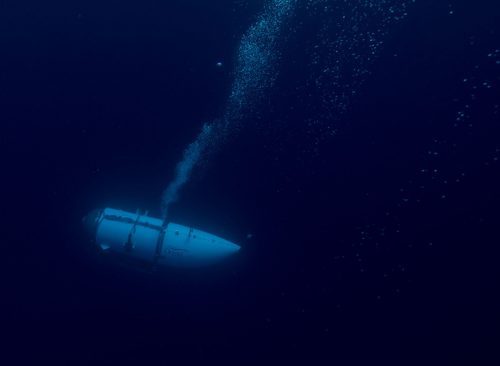
That fundamental design was criticized by experts. Bob McCallum, a submersibles expert, and former OceanGate consultant, told the New Yorker this set up multiple potential points of failure, as the hand controller communicated with the Wi-Fi unit, which communicated with a black box, and ultimately the sub’s thrusters. “Every sub in the world has hardwired controls for a reason – that if the signal drops out, you’re not in trouble,” said McCallum.
5
Request for Stringent Safety Testing Denied
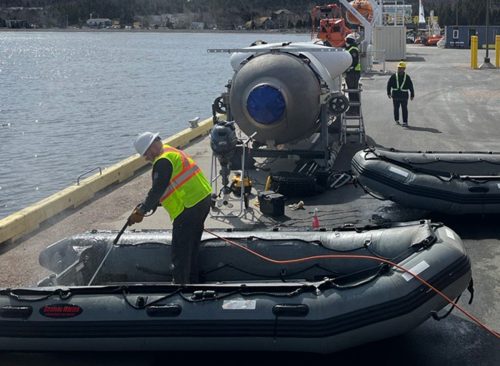
Lochridge was fired in 2018 after OceanGate denied his request for more rigorous safety testing on the submersible, including classification, a process of independent “testing to prove its integrity,” the news outlet reported. OceanGate said that process could take years and would be “anathema to rapid innovation.” In 2019, the company said gaining classification for Titan would not “ensure that operators adhere to proper operating procedures and decision-making processes – two areas that are much more important for mitigating risks at sea.”
6
Why Company Lawyers Said Chief Pilot Was Fired
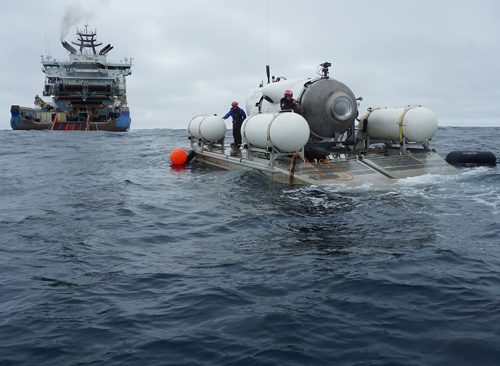
In a 2018 court document, lawyers for the company said Lochridge was fired because he “could not accept” their research and plans, including safety protocols. OceanGate also said Lochridge “desired to be fired,” had shared confidential information with others, and wiped a company hard drive. The company said the former chief pilot had “refused to accept the veracity of information” about safety from Titan’s lead engineer.
7
CEO Insulted By Raising of Safety Concerns
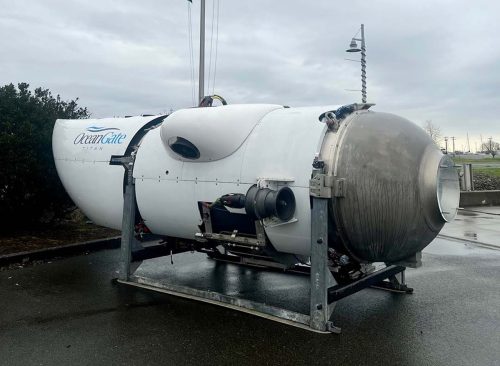
The New Yorker article revealed that a number of experts, including McCallum, tried to sound the alarm about the dangerous decisions behind Titan. McCallum ultimately decided not to be a part of the project. He showed the Guardian an email he received from CEO Rush after voicing safety concerns and opting out. “I know that our engineering-focused, innovative approach (as opposed to an existing standards compliance-focused design process) flies in the face of the submersible orthodoxy, but that is the nature of innovation,” said Rush. “Titan and its safety systems are way beyond anything currently in use.”
“As you can tell, this subject gets me a bit worked up; I have grown tired of industry players who try to use a safety argument to stop innovation and new entrants from entering their small existing market. Since Guillermo [Söhnlein] and I started OceanGate we have heard the baseless cries of ‘you are going to kill someone’ way too often.”
“I take this as a serious personal insult,” Rush wrote.















